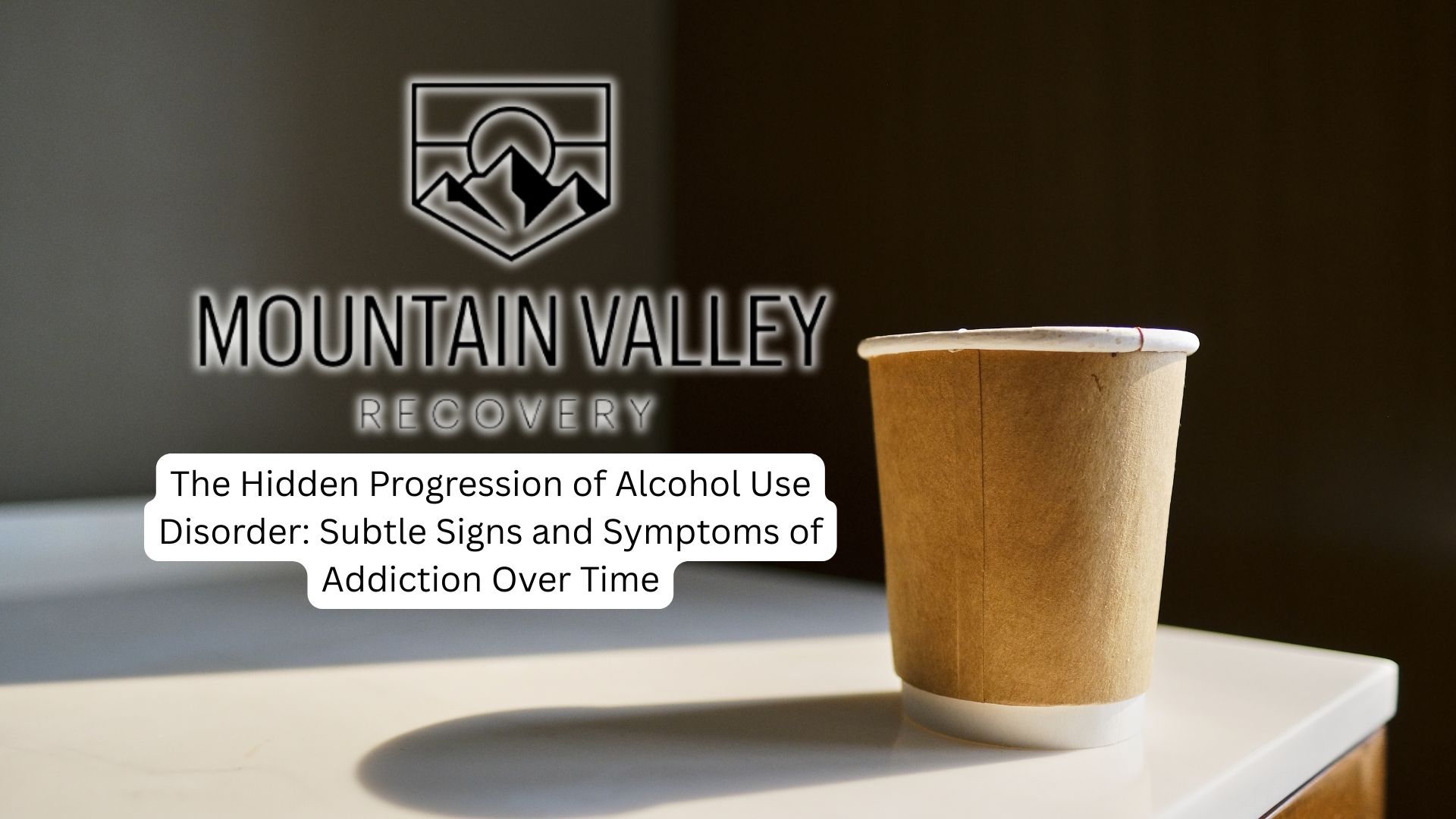Understanding how long it takes to rewire the brain after addiction is crucial for anyone seeking recovery, as it sheds light on the healing process and sets realistic expectations for the journey ahead.
In this article, we will explain the science behind brain rewiring, outline typical timelines for recovery, and discuss strategies to support this critical process, ultimately highlighting the brain’s incredible capacity for change and renewal.
Understanding the Impact of Addiction on the Brain
Addiction’s impact on the brain is profound, altering its function and structure in significant ways. Areas like the basal ganglia and prefrontal cortex, responsible for reward, decision-making, and impulse control, are particularly affected.
Substance misuse artificially increases dopamine levels, reducing the brain’s natural dopamine production and creating a new normal that disrupts motivation and mood.
Long-term brain changes from addiction contribute to cravings and relapse risk, especially when triggered by substance-associated cues. Imaging reveals persistent alterations in dopamine flow and activity in pleasure-related regions, highlighting recovery challenges.
As tolerance develops, you’ll need more of the substance for the same effect, while enjoyment of non-drug pleasures diminishes and cravings intensify.
While the specific timeline for brain recovery varies, most experts agree that it requires a sustained period of abstinence, often coupled with therapeutic interventions and lifestyle changes. Ongoing support and management of addiction are essential to prevent relapse and promote long-term brain health.
Factors Influencing Brain Rewiring Timeframes
The type and number of substances involved in your substance use disorders play a crucial role, as highly addictive substances like cocaine may prolong the rewiring process.
The length of time you’ve been using substances also directly correlates with how long it takes for your brain to adapt to sobriety.
If you have co-occurring mental health disorders, they can complicate and lengthen the process, requiring simultaneous treatment.
Your age also matters, as younger individuals may have more neuroplasticity, allowing for quicker recovery.
While some rewiring occurs within a month, the full process can take up to two years, emphasizing the need for ongoing commitment.

Stages of Brain Recovery During Addiction Treatment
The acute withdrawal phase, which typically lasts 1-2 weeks, is characterized by intense physical and psychological symptoms as the brain begins to adjust to the absence of substances.
In the early abstinence stage, spanning 1-3 months, individuals often experience improved mood and cognitive function, although the risk of relapse remains high. During the protracted abstinence phase, lasting 3-6 months, the brain continues to heal, with many people noticing reduced cravings and the formation of new, healthier habits.
Long-term recovery, which begins at 6 months and extends beyond, marks significant progress in the rewiring of the brain. However, complete recovery can take years, especially for those with severe or long-term addiction histories.
Throughout this process, as individuals engage in therapies and activities that promote healthy habits, their brains begin to rewire, replacing destructive addiction patterns with positive behaviors and thoughts. This highlights the brain’s remarkable ability to recover and grow stronger, even after periods of intense substance use.
Specific Timelines for Different Substances
For the majority of substances, the brain begins to undergo significant rewiring within the first few weeks after use is discontinued. The most substantial changes occur within the first two years of sobriety.
When it comes to alcohol addiction, improvements in sleep patterns and reductions in anxiety levels may be noticeable anywhere from a few hours to a few days after the last drink.
Heavy meth users may require 14-24 months for notable brain normalization post-cessation, whereas alcohol use disorder patients can show cognitive improvements within 18 days of abstinence.
Cocaine addiction involves a rapid initial rewiring phase, with increased frontal cortex activity peaking at 10-25 weeks.
The duration and intensity of substance use directly impact rewiring timelines, with highly addictive substances prolonging the process.
Experts generally agree that it takes approximately 90 days of abstinence for the prefrontal cortex to regain proper decision-making abilities, which is why many treatment programs are designed to last for this duration. After this initial period, the focus shifts to preventing relapses and reinforcing positive behaviors.
Strategies to Support Brain Rewiring in Recovery
Recognizing the highly individualized nature of addiction recovery timelines, you can actively support your brain’s rewiring process by employing several evidence-based strategies.
Engaging in regular physical exercise promotes neuroplasticity and cerebral blood flow, while cognitive behavioral therapy helps reframe negative thought patterns for healthier emotional responses.
Incorporating mindfulness practices strengthens neural circuits affected by addiction, enhancing emotional regulation.
Maintaining a balanced nutrition plan addresses deficiencies caused by substance abuse, providing essential nutrients for brain recovery.
Establishing a consistent routine and seeking professional support through therapy and peer groups significantly enhances motivation and commitment to recovery, aiding in the brain’s rewiring process.
Final Thoughts from Mountain Valley Recovery
For men seeking support in their recovery journey, long-term residential treatment programs, like the one provided at Mountain Valley Recovery, can offer a structured and supportive environment conducive to brain rewiring and healing. The program offers the time and resources needed to address not only the physical aspects of addiction but also the underlying psychological and emotional factors.





